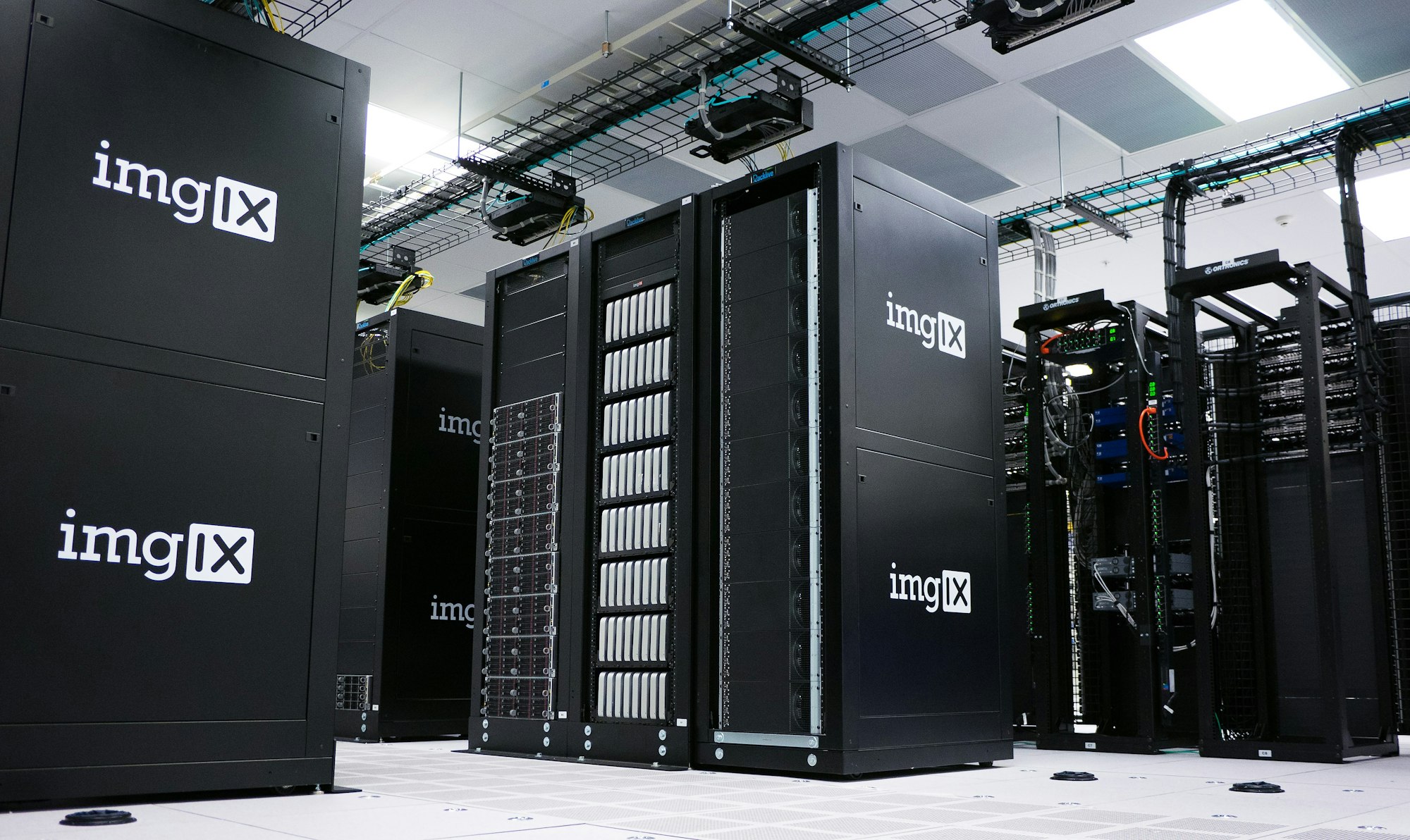EU Data Act: Data Access Agreement
The EU Data Act strikes a balance between data access and IP rights. It ensures fair access to EU-generated data while protecting manufacturers' trade secrets. By establishing a veto mechanism, it fosters a competitive data market, drives innovation, and makes data more accessible.

EU Data Act: Balancing Data Access Rights and Intellectual Property Protection
The political agreement reached on the EU Data Act has shed light on the balancing act between data access rights and intellectual property (IP) rights. The Act, part of the EU's strategy on the platform economy, big data, the data economy, and artificial intelligence (AI), is aimed at ensuring fair access to and use of data generated in the EU across all economic sectors. At its core, the Act grants data access rights to users of smart products and services, potentially conflicting with the IP rights of manufacturers and data collectors. The Act addresses this conflict by establishing a veto mechanism for manufacturers, enabling them to deny access to data related to trade secrets if it threatens "serious and irreparable economic loss". In this way, the Act aims to stimulate a competitive data market, foster data-driven innovation, and make data more accessible, while protecting manufacturers' vital trade secrets.
EU Data Act: A Comprehensive Guide for Financial Institutions
The EU Data Act is revolutionising the data economy, presenting both opportunities and challenges for financial institutions, including banks, investment firms, insurance companies, payment service providers, and Fintech companies. As part of the EU's strategy on the platform economy, big data, and artificial intelligence (AI), the Act aims to promote a fair and competitive data market.
At the heart of the Act are the newly established data access rights for users of smart products and services. These rights may potentially collide with the intellectual property rights of manufacturers and data collectors, impacting the operations of financial institutions across the EU.
The Act introduces a unique veto mechanism, allowing manufacturers to deny data access if it poses a threat of "serious and irreparable economic loss". This mechanism presents a nuanced approach to the balancing act between data access rights and intellectual property protection. Financial institutions will need to carefully strategise their data access policies and protocols for invoking this veto mechanism, keeping their operations aligned with the Act.
However, the high threshold set for invoking the veto mechanism could instigate legal disputes. Consequently, the regulatory landscape surrounding big data and IP rights is likely to evolve, with further interpretation and guidance from courts. Therefore, consistent monitoring of regulatory developments and legal advice is recommended for financial institutions.
Beyond the borders of the EU, the Act could potentially reshape the global data economy. Other jurisdictions might take cues from this Act, leading to more harmonised data governance frameworks. Yet, there could be challenges. Concerns about data protectionism could affect cross-border data transfer agreements and international trade relations. Hence, it's crucial for financial institutions to keep a pulse on global regulatory shifts and their potential impact.
The transition towards compliance with the Act will likely require a period of 12-24 months, subject to official timelines from the EU regulators. Amidst these changing regulatory sands, financial institutions are advised to act promptly and strategically to navigate the evolving landscape of data rights and responsibilities.
Read More
Reduce your
compliance risks


